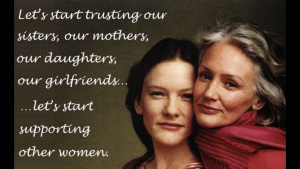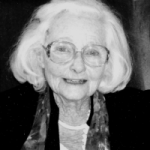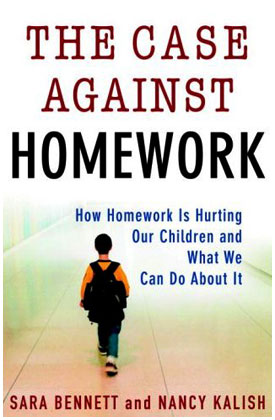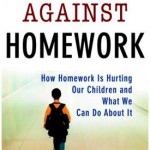CoAbode: Room for a little one?
By Sally
Using emerging technologies to build a resilience economy
In the US, pregnant women and young parents are turning to new finance models to fund the costs of taking maternity leave. Could the sharing economy step up to the challenge? I came across CoAbode, a site which functions like an online noticeboard and community for single mothers across the US.
I read recently that there are currently about 1300 GoFundMe crowdfunding campaigns listed by women in the US seeking financial assistance to support their maternity leave. The article points out that many of the crowdfunding pages list circumstances that are exacerbated by medical bills or mortgage repayments, but that many still find it difficult to raise sufficient funds to fulfill their targets.
For separated parents already struggling to pay the day-to-day expenses of raising children, parental leave is an inconceivable luxury. According to 2014 data from the US Census Bureau, there are almost ten million women running single parent households in the US. The median income for single mothers is $26,000: for some, a significant proportion goes towards childcare provision and mortgage repayments.
CoAbode: the real sharing economy
A tool that for fifteen years has been quietly tackling this issue stateside is CoAbode, a mother buddy-up site started by Irish-born entrepreneur Carmel Sullivan following her own experiences as a single parent. On CoAbode, single mums can register a profile online and match with others nearby, leading to house shares, as well as food and childcare in some cases.
For some women, using CoAbode can make the difference between keeping their child and turning to adoption services. Sullivan mentions a pregnant Latino girl, aged about 17 years old and a few weeks away from giving birth, who wrote to Sullivan saying that she had no way of supporting a baby, and her only choice was to have the child adopted.
“I took it upon myself personally to find someone for her,” says Sullivan. “I found a single mom with her own home who was willing to share with her, exchanging childcare in return for living costs. To me that was just the most amazing testimony because she got to keep her child.”
While CoAbode is sent emails every week from women in unusually desperate circumstances, Sullivan says there are typically two real reasons that single mums post a profile:
“One of them is financial, because when you share your rents and pool your resources, you can share a bigger and better house together. The other big issue is loneliness.”
“A lot of women come on the site who have big houses, but they are just lonely. As a society, it seems we’ve lost the idea of extended families and single parenting is a lonely task, we’re not built that way. We want connection with other people.”
In the wake of the economic crisis, demand for CoAbode has surged – at peak points, Sullivan says that 120,000 members are live on the site and traffic ranges in the millions. Sullivan activated a Canadian outpost of CoAbode after discovering that women living in towns on the border were falsely claiming US zipcodes in order to use the site. Local CoAbode communities (“Circle of Friends”) and support networks have also formed; Sullivan tells me about a CoAbode ‘village’ in Brooklyn, New York, in which three brownstones (townhouses) in close proximity to each other were all occupied by sharing single mothers.
“On my own time & on my own dime”
Amidst all the discussions around platform ownership and profit, as many ‘sharing economy’ startups monetise their sites by taking a cut of all transactions, CoAbode remains resistant to commercialisation. The CoAbode site was founded on – and continues to use – simple technology to achieve its aims. That said, Sullivan thinks that the introduction of algorithms to calculate profile matches would improve the site’s effectiveness and help those who are too shy to make the first connection. For this to happen, Sullivan needs financial support: “For the last few years, I have basically been running this on my own time and on my own dime.”
Sullivan has experimented in the past with asking users for a donation, but, as she says, even $5 a week can make a big difference to a single parent family’s budget.
Instead, Sullivan has converted CoAbode from a non-profit-turned-startup and that they are in the early stages of looking for investors. CoAbode is also considering more formal partnerships and corporate sponsorship to help their homeless single mother clients resolve housing issues.
With a sustainable model in place, Sullivan believes CoAbode could expand overseas. She is enthusiastic about exploring collaborations with different demographics – potentially working with single dads and senior citizens.
– See more at: http://www.meansofexchange.com/2016/03/31/coabode-room-for-a-little-one/#sthash.VOC8pHSr.dpuf





